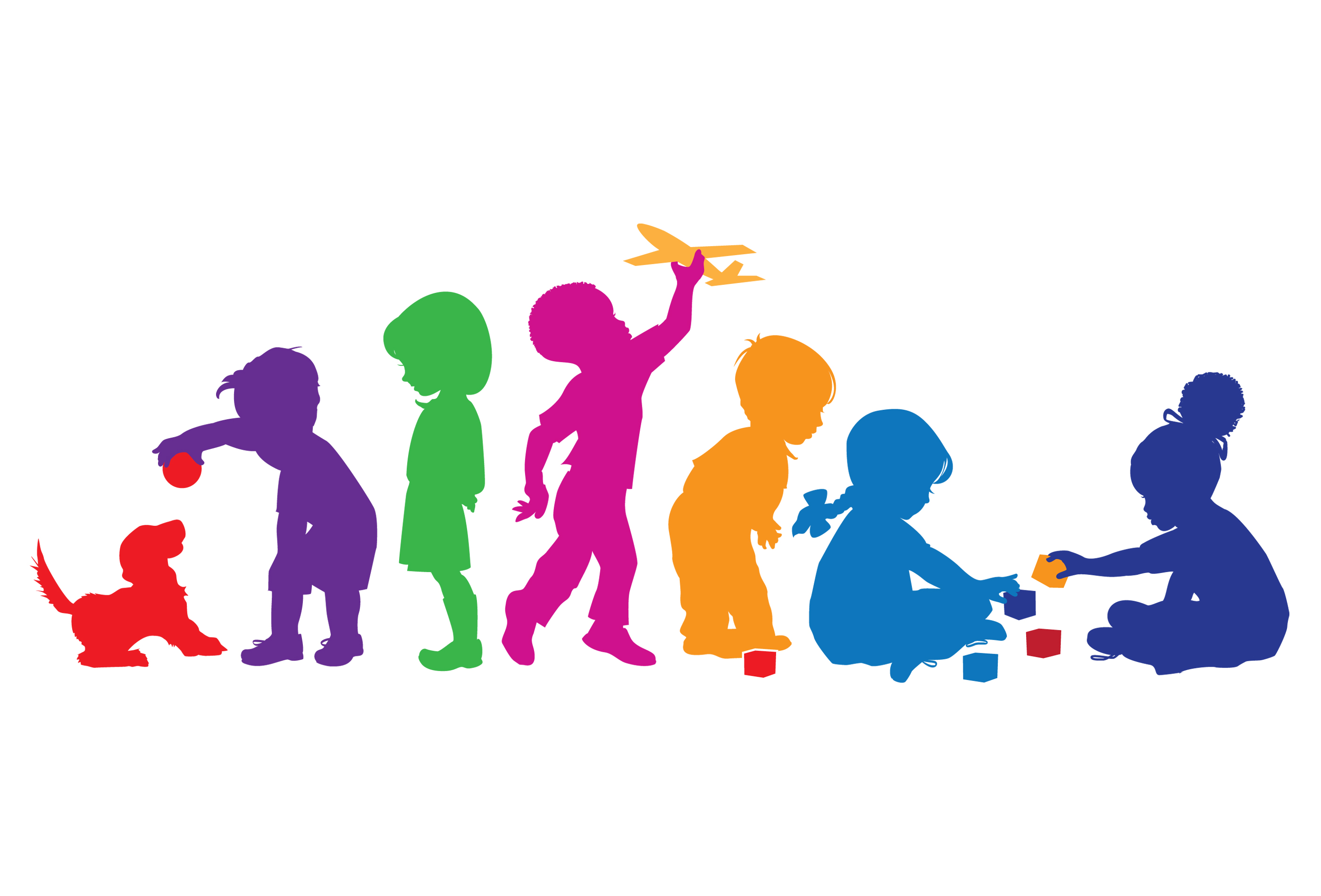Is lockdown hurting kids' immune systems?
My child's runny nose is gone. Could that actually be a bad thing?


A free daily email with the biggest news stories of the day – and the best features from TheWeek.com
You are now subscribed
Your newsletter sign-up was successful
If you look hard, you can find a few positives to staying home during coronavirus pandemic lockdown. You might be saving money. Your backyard probably never looked better. And if you have small kids, you've probably been enjoying a relatively snot-free few months.
My 18-month-old daughter's nose started running on her very first day in daycare in January, and it didn't stop. She got every bug that was going around. But since we went into lockdown in March, she hasn't had the slightest hint of a cold. And we're definitely not the only family to have noticed this change.
"In my own practice, the quarantine from daycare has resulted in much healthier kids and families, due to many fewer febrile illnesses spreading through families," says pediatric rheumatologist J. Patrick Whelan, Ph.D.
The Week
Escape your echo chamber. Get the facts behind the news, plus analysis from multiple perspectives.

Sign up for The Week's Free Newsletters
From our morning news briefing to a weekly Good News Newsletter, get the best of The Week delivered directly to your inbox.
From our morning news briefing to a weekly Good News Newsletter, get the best of The Week delivered directly to your inbox.
This is a great thing for parents: no cranky kids with coughs or high temperatures due to run-of-the-mill infections. But is there a downside for our kids' health? In missing out on exposure to other children during daycare or play dates, are they also missing out on exposure to some pretty crucial immunity-boosting germs?
In medicine, the "hygiene hypothesis" — introduced in the late 1980s by David P. Strachan, a professor of epidemiology — states that early childhood exposure to certain microorganisms protects against allergic diseases by strengthening the immune system. And there is some research to back up the theory that coming into contact with germs early means fewer bugs later. One study found babies who attended childcare with other children before age 2 and 1/2 did indeed get more colds and ear infections than kids who stay home, but that they were in turn less likely to get sick with these illnesses later in childhood, like when starting school. Additional research suggests the same is true for stomach bugs like gastroenteritis.
"We think if you are infected at an early age you build up immunity against these viruses or bacteria," Marieke de Hoog, an epidemiologist at University Medical Center Utrecht, told The New York Times.
Dr. Cara Natterson, pediatrician and author of Decoding Boys: New Science Behind the Subtle Art of Raising Sons, says this hypothesis makes sense because "the immune system needs to be trained and honed in order to work best." But she points out that unless we're wiping down every surface with disinfectant constantly and creating a hermetically sealed environment in lockdown, we're not fully sterilizing ourselves or our children. They're still being exposed to lots of microorganisms at home and outside. "If we do things that reduce the spread of COVID-19 but don't live in a complete bubble, we won't completely insulate our immune systems from other infections," Natterson explains.
A free daily email with the biggest news stories of the day – and the best features from TheWeek.com
It's also worth remembering that just because your kid isn't sick doesn't mean they're not being exposed to immune-boosting germs. "A healthy immune system develops in part because of exposure to benign bacteria and fungi in the early environment," says Dr. Whelan. The word "benign" is key here — just by existing in the world, children pick up all kinds of microbes that are mostly harmless but do good things for their immune systems.
There's a relatively easy way to expose children to immune-boosting germs, even without daycare: Go outside. "There is good evidence now that kids with more exposure to nature (i.e. green environments) have less chronic disease," says Dr. Whelan. More specifically, rural and pet exposure appears to be more important than exposure to other kids in terms of the risk for things like asthma and allergies. "Outdoor play in a garden or yard setting ... exposes kids to a healthy group of microbes that protect against allergies, without increasing the frequency or severity of childhood illnesses."
Whelan adds that, rather than being exposed to other (sometimes sick) kids, our children's immunity is better served through exposure to healthy mom microbes through breastfeeding, diets with lots of fresh fruit and vegetables, and fermented foods like yogurt. "These all help create a healthier microbiome in the gut and are associated with reduced allergies," he explains.
And, of course, an easy way to boost immunity is by keeping up with your child's scheduled vaccinations.
With a September return to daycare looking likely, I can't help wondering what my daughter will come home with. After months of being relatively cocooned at home, I'm fully expecting the runny nose to return with a vengeance. But Dr. Natterson says all the precautions people are taking to avoid COVID-19 — masks, hygiene, social distancing, isolating — could result in "a lot less flu next winter." "I don't think these strategies are bad for our overall immunological health," she says.
Still, I'll be stocking up on the Kleenex and saline drops.
Want more essential commentary and analysis like this delivered straight to your inbox? Sign up for The Week's "Today's best articles" newsletter here.
Claire Gillespie is a freelance writer with bylines on Health, SELF, Refinery29, Glamour, The Washington Post, and many more. She likes to write about parenting, health, and culture. She lives in Scotland with her husband and six kids, where she uses every (rare) spare moment to work on her novel.
-
 ‘Restaurateurs have become millionaires’
‘Restaurateurs have become millionaires’Instant Opinion Opinion, comment and editorials of the day
-
 Earth is rapidly approaching a ‘hothouse’ trajectory of warming
Earth is rapidly approaching a ‘hothouse’ trajectory of warmingThe explainer It may become impossible to fix
-
 Health insurance: Premiums soar as ACA subsidies end
Health insurance: Premiums soar as ACA subsidies endFeature 1.4 million people have dropped coverage
